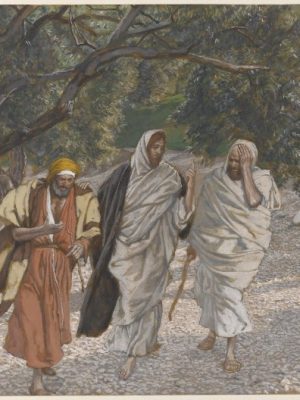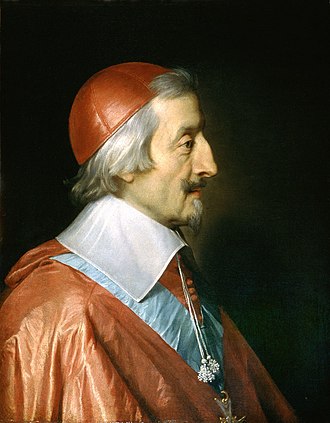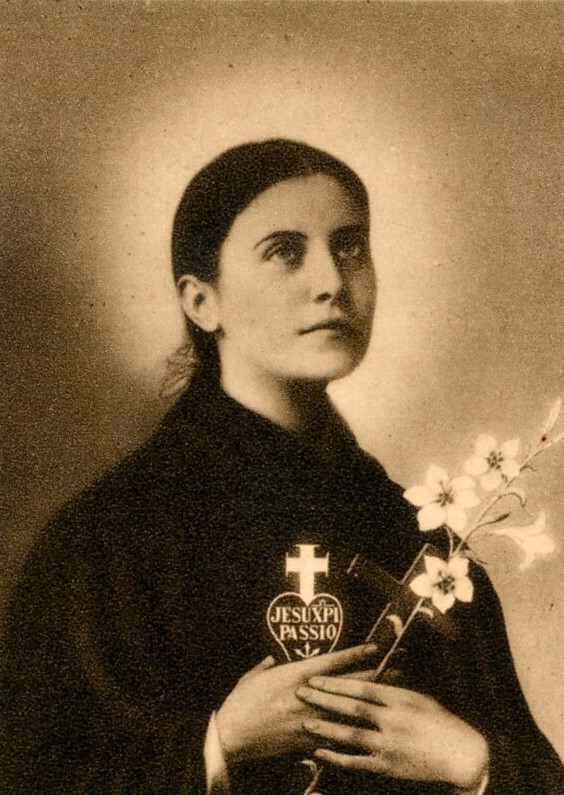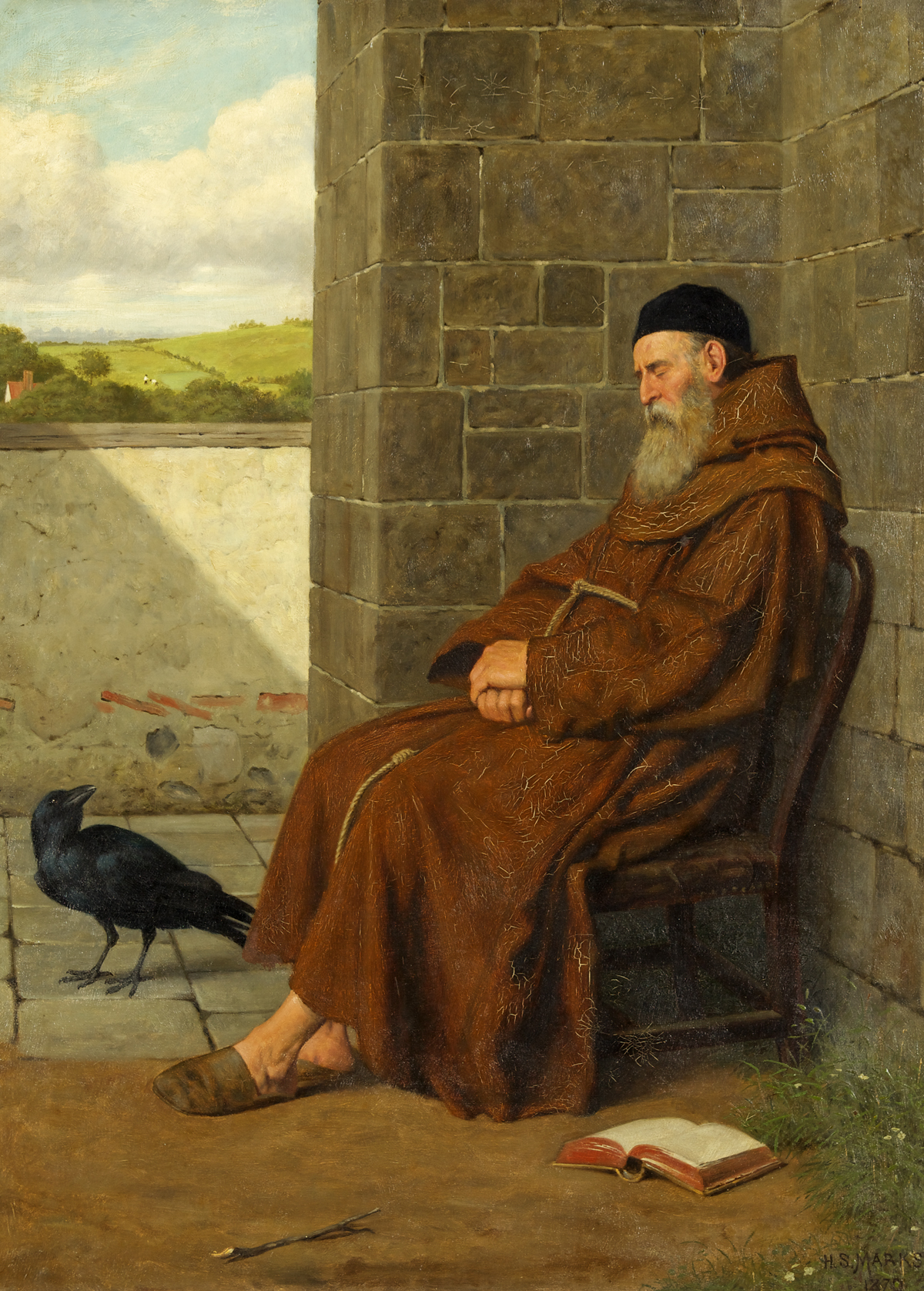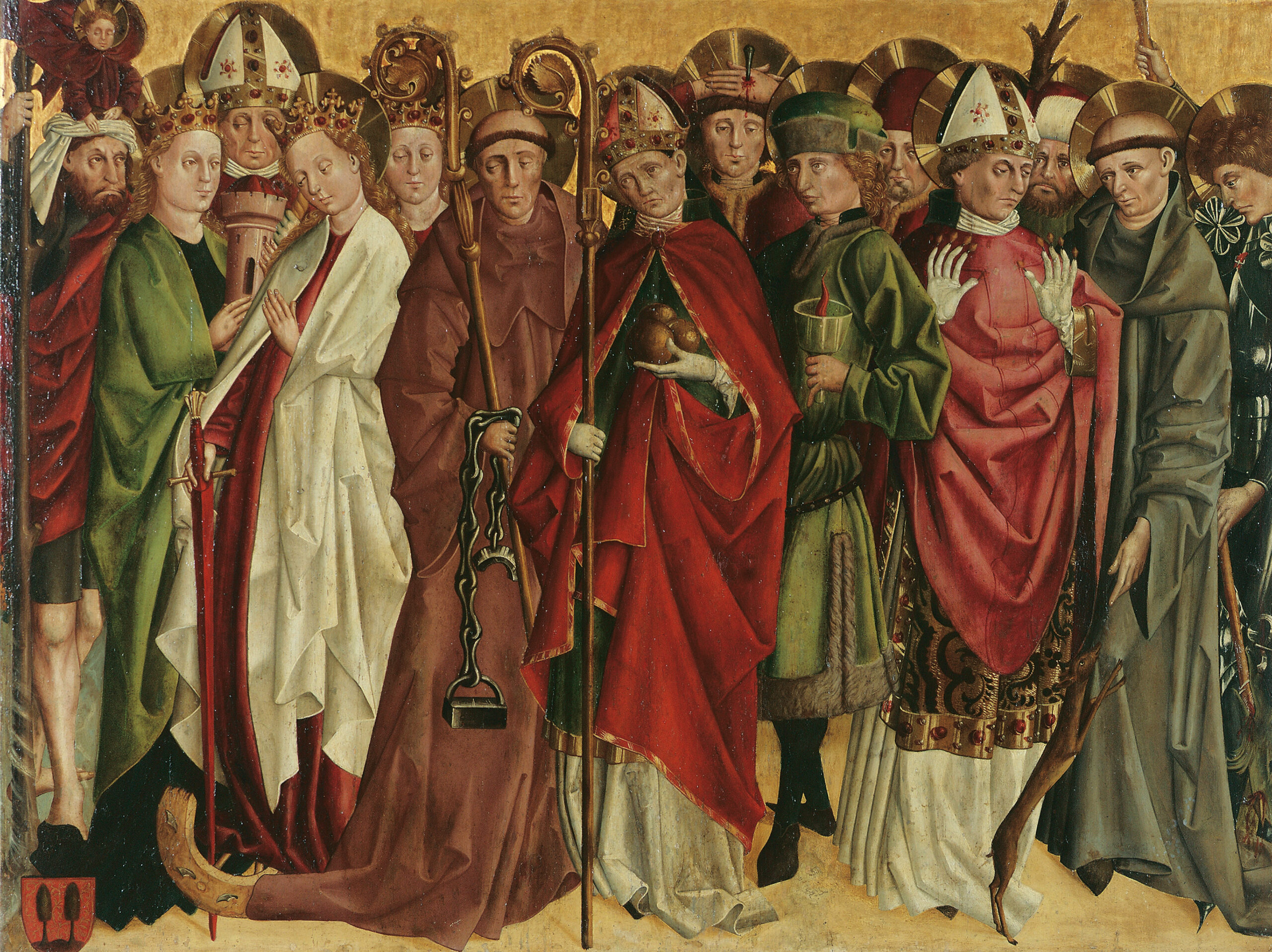In this excerpt from A Treatise on Perfection, Cardinal Duke Richelieu refutes the notion that salvation is too difficult to attain and that sin offers an easy path. He shows that the road to Heaven, though it requires the carrying of one’s cross, is lighter than the hidden burdens of vice and guilt. Sin promises ease but delivers only bitterness, fatigue, and sorrow.
The False Claim That Salvation Is Too Hard
There are those who assert that arriving at the promised joys of paradise involves so much effort and hardship as to be virtually unattainable. It strikes me that such people must be either more foolish, blind, or arrogant than any others. Such people generally also assert, as the correlate of the difficulty of attaining salvation, that the path to perdition is so easy and so filled with pleasures that it is almost impossible for a normal person to avoid.
A Question for the Doubters
In the first place, I would ask such people, “Should you give up on eternal salvation just because it seems a little difficult to obtain? And will you hasten to eternal damnation just because the path which leads there seems easier?”
The Real Burden of Sin
Secondly, I would tell them that there is, on the contrary, much that is easy and even delightful in the path which leads to eternal happiness, but a great many difficulties, anxieties, and sorrows in the way which leads to damnation. The apparent pleasures which come from sin always turn out to be deceptions and procure no true happiness or enjoyment, even in this world. Moreover, they are generally followed by consequences which are far from pleasant. Indeed, even if there are some small and transitory pleasures obtained from certain sins, the consequences and complications associated with them unfailingly serve to negate the joy of these fleeting pleasures.
Wisdom and Scripture Testify
Hence, in the book of Wisdom, we read it written, in the person of sinners, “We are fatigued in the way of iniquity and perdition, and we tread a road that is difficult.” Similarly, the prophet Jeremiah admonishes us, “Know and see that it is an unhappy and bitter thing to have deserted the Lord your God.” Again, the holy king David at one point thus mourns, “My sins have fallen upon my head, and like a heavy burden they weigh me down.”
Sin Punishes Itself
The same sentiment is expressed by the illustrious Saint Augustine, who addresses himself to God in the following terms, “You willed it to be, O Lord, and so it is, that every unruly soul becomes it a punishment to itself.” And many of the saints have observed that the action of sin inevitably carries with it its own punishment. For this reason, sin never goes unpunished, since it acts as its own most acute and persistent punisher. Indeed, there is no greater and more certain castigator of sin than one’s own conscience and the sorrow, regret, and confusion which arises in the soul as a result of some guilty action.
Conscience Never Sleeps
Even those who consider things by the light of reason and human experience alone must admit that conscience never permits a guilty person to feel completely secure, even when there is no immediate or obvious danger of punishment or exposure. For those who walk in darkness or who are blind, it is always difficult and laborious to make a journey, even when the path is quite straightforward and safe. For those whose spiritual vision is clouded by the darkness of sin and guilt, the path of life will always be perilous and tortuous, as if it were strewn with thorns and prickles.
The Wide Path to Perdition
Now, someone may well object to this, quoting the Gospel passage which states, “The way which leads to perdition is wide and easy, and trodden by many. But hard and narrow is the way that leads to life, and there are few who find it.” In response, I would suggest that the way to perdition is wide only because it is trodden by so many. It is described as being easy because it appears to be easy. The path of sin does not openly advertise all the thorns and spines which plague it, and those whose eyes are blinded by vice generally fail to perceive them until it is too late. The path which leads to life is described as being narrow and found by few because it is granted only as a grace of God through faith, and not discovered by purely human efforts. Yet this grace, despite being a precious and wonderful gift, is freely given. And it is described as being “hard” only because it entails hard consequences for those who do not follow it or refuse and resist it.
The Sweet Burden of the Cross
Of course, we are all called “to carry our crosses” to arrive at eternal beatitude. Yet this carrying of one’s personal cross is often accompanied by spiritual blessings and tranquility of soul which more than compensate for it. The weight of bearing the cross which the Gospel prescribes for each disciple of Christ is always less oppressive than the weight of the alternative burden of sin, since it is lightened by divine grace. Moreover, the weight of the yoke of goodness is sweet, whereas the weight of the burden of sin—which is never any less or lighter—is always unspeakably bitter.
Suffering That Redeems
Of course, I am not naïvely saying that the road which leads to heaven is continually filled with nothing but roses and delights. Since the Head of our Faith and the Author of our salvation was Himself crowned with thorns, we can scarcely expect to escape suffering entirely. Nevertheless, I maintain that the difficulties and suffering which we encounter along the way that lead to salvation are far less than those encountered by those who follow a path that leads to perdition.
ooo
This article is taken from a chapter in A Treatise on Perfection by Cardinal Duke Richelieu which is available from TAN Books.


